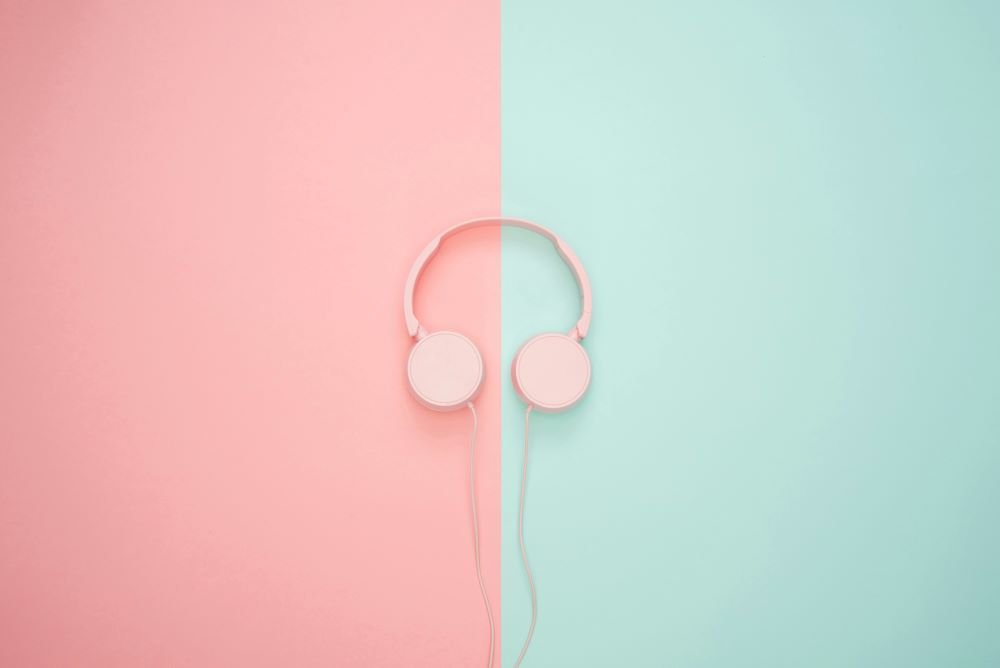As soon as I saw audiobooks appear as an option on the ever-growing list of Spotify’s audio offerings, I became curious about how this would impact the book publishing industry. Less than one year into Spotify’s new US literary foray, and already, we can track its effects, both positive and negative.
After its initial debut in the UK and Australia, Spotify added audiobooks for members in the US last November. As a Spotify member, I was delighted to have access to the new Britney Spears memoir, a music-adjacent book that felt especially appropriate to listen to via the music streaming giant (and a smart launch and marketing move on Spotify’s part). The offering initially entailed fifteen hours of audiobook listening, which was included in the membership, with the option to purchase ten additional hours per month. In recent news, Spotify adjusted its pricing structure so that the $10.99 “Basic” membership no longer includes audiobooks, as of June 2024. The bundling and decoupling of various streaming offerings is in tune with shifts in the rest of the streaming world, and you can read all about one writer’s experience of finally ditching Spotify for another bundling alternative here.
Certainly, the music streaming giant’s choice to bundle audiobooks with its long-time music offering sent shock waves through the creative industry. By bundling audiobooks with music, Spotify effectively lowered the royalty rate that artists could expect from the platform, which had music publishers banding together to file an FTC complaint against Spotify in June 2024. A consumer survey published in June 2024 also revealed a pervasive sense of confusion around compensation for artists and authors. The bottom line: there is a legitimate concern over artist and author compensation, and everyone is fighting to get their cut.
Overall, audiobook sales are on the rise, and many in the book publishing business attribute that growth to Spotify. HarperCollins CEO Robert Thompson expressed excitement about Spotify’s impact on the company’s sales, reporting a 14 percent rise in audiobook sales for the most recent financial quarter, and Spotify has reported that authors have enjoyed a 95 percent hike in royalties as a result of its services. While these numbers appear to be all roses, Spotify’s author compensation practices are still highly opaque, and some groups are pushing back. During the London Book Fair a group known as the Coalition of Concerned Creators asserted its suspicions via a series of billboards with messages like: “Don’t let Spotify do to authors what it did to musicians,” clearly showcasing the high degree of tension that is now prevalent between publishers, creators, and streaming service providers in our digitized world.
There will always be a tension between art and commerce. On one hand, as a reader, I personally like how Spotify makes it easier for me (and the general public) to consume audiobooks. I am a happy customer who listens to about one audiobook per month on my Spotify plan (the most recent being Bright Young Women by Jessica Knoll), but as a book publishing professional, I also remain watchful and curious as to whether the long term effects of Spotify on authors and publishers will be positive ones.
Written by Jessie Levine.

